There has been confusion among some educators, parents and students surrounding expectations for the National Standards Curriculum (NSC) and the exam slated to replace the Grade Six Achievement Test (GSAT) in 2019 – the Primary Exit Profile (PEP).
The confusion stems from a misunderstanding of the concept of 21st century teaching, learning and skill development. Additionally, there is a deep-rooted belief that policy makers and educators alike are not adequately resourced to effectively administer contemporary methodologies and assessments by the time PEP is to be rolled out. While there is some truth to the latter, the Ministry of Education, Youth & Information has taken the position that as a nation we cannot delay preparing our young scholars for the inevitable and fast paced changes of the world at large. The risk of being left behind and becoming irrelevant is a reality and is far greater than making the bold move to make adjustments on a phased basis and to implement these by 2019. The ministry has been making efforts through town hall meetings and teacher training sessions, to sensitize stakeholders of the changes and to help allay concerns. Admittedly, with changes there will be a period of “teething pains”.
WHY PEP?
PEP was designed to serve as a modern assessment tool to support the new National Standards Curriculum for Grade 1-13 that, according to MOEYI is “aimed at improving the general academic performance and places direct emphasis on 21st century methodologies. These include project-based and problem solving learning, which will allow students more hands-on experiences that are similar to real-world situations, making the learning experience less abstract and more concrete”. Developing what is known as 21st century skills i.e. critical thinking, communication, creativity and collaboration skills, and also NSC content understanding will better prepare our students for a fast evolving world. To accommodate the revised curriculum outcomes, PEP places increased emphasis on assessing the student’s demonstration of these skills. In contrast, GSAT is focused primarily on content for secondary school placement. The approach has to change in order to instill competencies relevant for today and tomorrow and to prepare students for the future. It will take time to move to the ideal but PEP is a move in the right direction.
PEP will focus on the students’ demonstration of skills over a longer period of time (Grade 4-6) ultimately developing a profile of where each student is academically for grade 7. This generated “profile” will begin the process of informing the child’s learning up to Grade 13. PEP is essentially a passport for future success that will guide the MOEYI in preparing grade 13 graduates to obtain an equivalent of an associate’s degree.
This however comes at a cost.
Educators will require more resources to effectively implement the changes to come. They must ensure that students preparing for PEP continue to grasp optimum content knowledge in Mathematics, Science, Language Arts and Social Studies using multi-disciplinary approaches outlined by the NSC.
A progressive education system is dynamic and can’t happen overnight. It is fluid and is ever changing and requires a willingness to channel funds towards new and creative ideas and providing support where needed. Here in Jamaica, we may be challenged with the economics of making the transition from content regurgitation to skill development, however it should not cause us to remain static or from moving in the right direction. There is no denying that there are challenges that lay ahead. The financial concerns weigh heavy especially as it relates to the delivery of the curriculum. Increased projects and problem solving based activities require increased funding in the classrooms and at home. This leaves the question of whether or not this new curriculum and exam is in fact supporting equitable education for students and families from all levels of society.
Introducing a 21st century plan to a 20th century culture of learning.
Transitioning to a sustainable and effective education system with changing and evolving practices is one that has to occur with a level of fluidity by all stakeholders. It is for this reason the exam is being implemented in phases – to begin the development of learning profiles for our students while enhancing the development of the assessment tool over time.
With fluidity comes a necessary investment in change and mindset management. As parents we have to take the bull by the horns and focus on how we can transition our children in spite of an imperfect system. Preparing children for fresh approaches to learning and citizenship is a team effort and parents must begin to focus on the end goal rather than the exam itself. By reinforcing the importance of new skills through age appropriate activities at home you can help your child adapt to the renewed expectations for their learning.
· COMMUNICATION
Apart from the obvious in regards to homework assistance, discuss current and local events and news with your child to get them engaged with what they may be learning in subjects, for instance, social studies. Have them share how the specific topic makes them feel and how they propose to solve the problem.
Engage your child with open-ended questions with every subject area.
· GET HANDS ON WITH AT-HOME AND LOCAL ACTIVITES
Travel the island. Expose your children to various Jamaican sub-cultures and communities. Have frank discussions about how people live; compare to other cultures and languages.
· MODEL BEHAVIORS
Be a role model and mentor to your children; make working with others an open mindset priority.
· GET INVOVLED AT SCHOOL
Join the PTA or volunteer at afternoon activities.
· MAKE CONNECTIONS TO AFTERSCHOOL ACTIVITES
Select extra-curricular and out-of-school activities that reinforce problem solving, collaboration, communication and creativity skills.
Don’t get me wrong – there is no hard and fast solution to easing anyone’s concerns regarding an evolving education system – we must however begin to see our individual and corporate roles in Jamaica’s journey to becoming a 21st century country of productive citizens despite many of the 20th century structures that still shackle us today.

